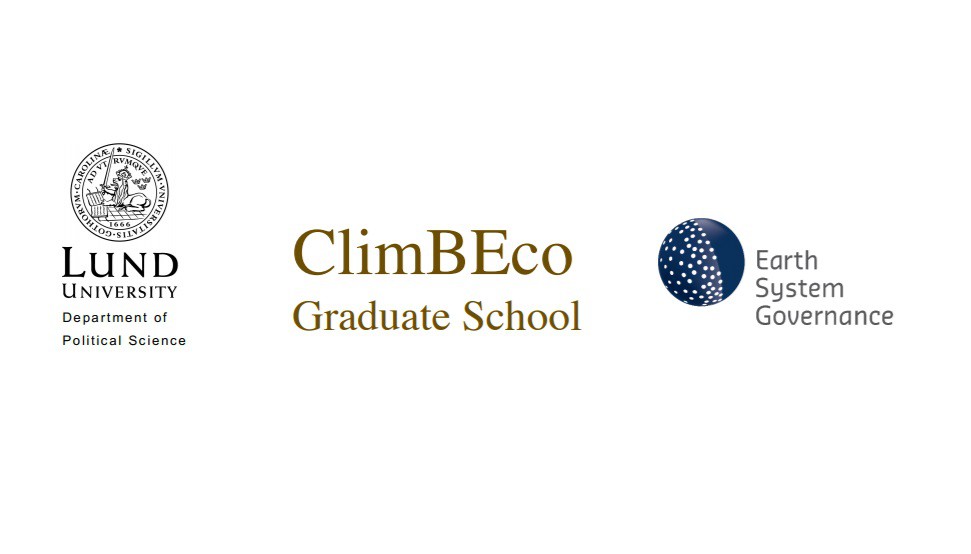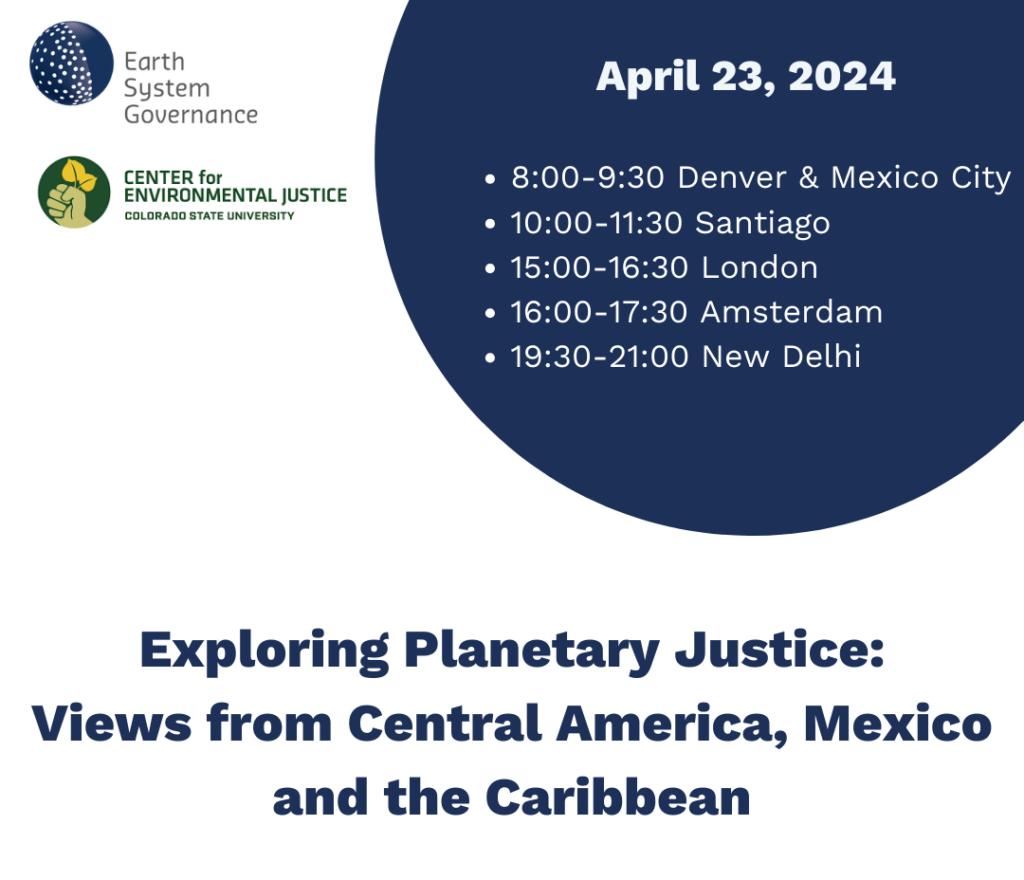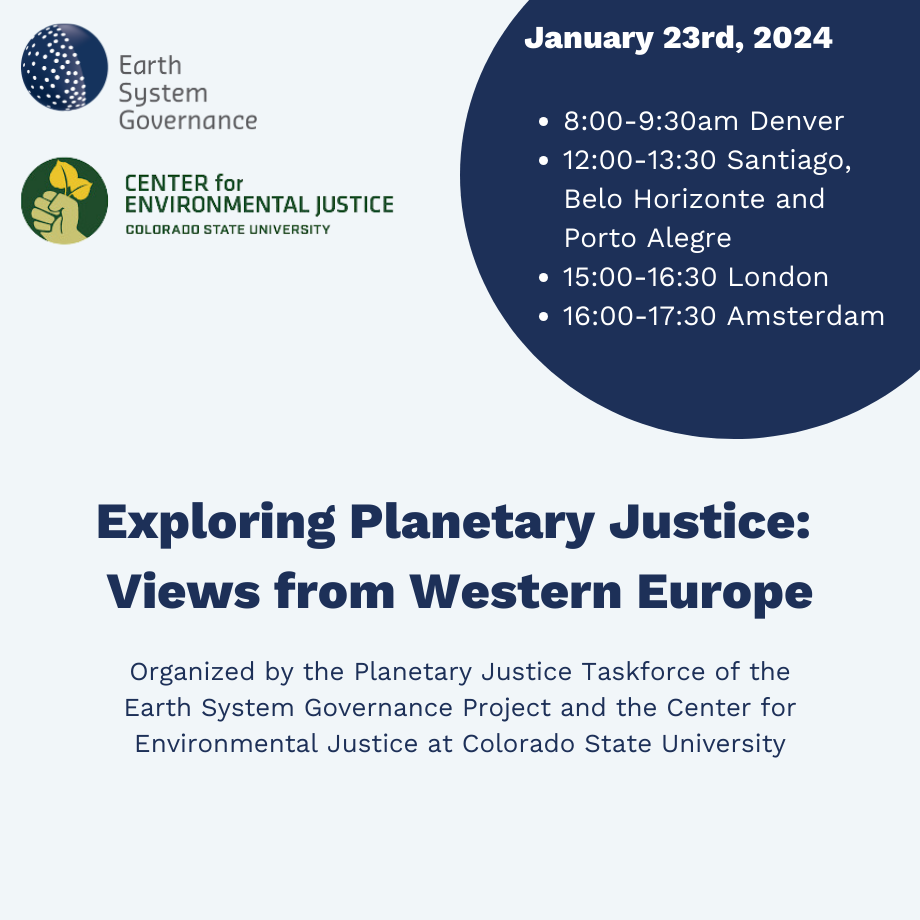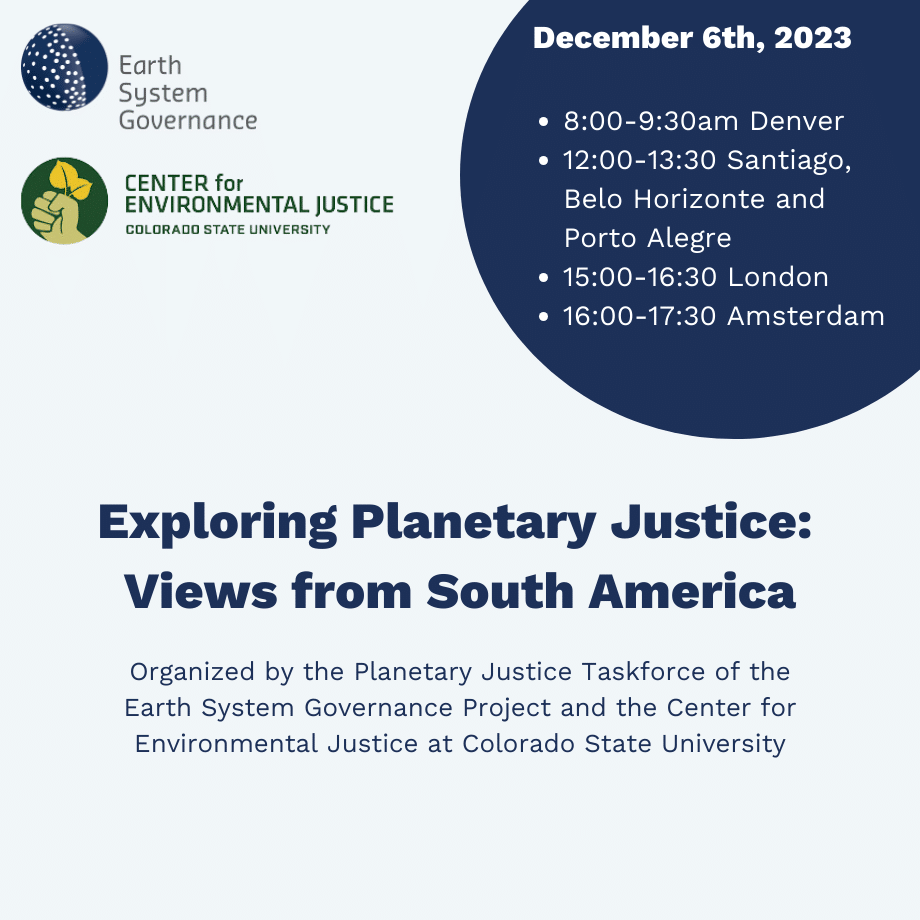The course provides in-depth insights to the actors, processes and problems of global environmental politics and offers both practical and theoretical understanding about the world of international relations. It is designed to be accessible for students who come from a variety of disciplinary backgrounds. Participating in the course entitles the students to 3 ECTS. The course will be taught in English.
During the global climate conference in Paris, countries around the world subscribed to staying below an average warming of 2°C and submitted targets to reduce their carbon footprint. But how effective will these targets be, and how will recent changes in government, in the US and elsewhere, influence the probability of meeting them? Are economic growth, political interest and human development compatible with environmental conservation? And is scientific knowledge about the state of the environment enough to mobilize a change in behavior? The course frames this dilemma of global environmental governance as a problem of human interaction. It starts from the premise that, in addition to natural and physical barriers, there are severe social and political barriers that often stand in the way of an effective management of trans-boundary environmental threats. In other words: political processes and actors are not only the target of scientific advice (science for politics), but part of the problem ? and hence objects of examination (science of politics), e.g. due to underlying constellations of power and interests or behavioral norms.
Based on concepts and theories of political science, the course seeks to provide Ph.D. students from different disciplines with an understanding of the current state of global environmental governance, its underlying causes and possible response options. The main modules of the course are:
Module 1: introducing the state of play in global environmental governance today (icebreaker; key concepts; development of the United Nations system from early 1970s until today; reform discussions);
Module 2: core dimensions of global environmental governance (actors; institutions; overlaps with other policy fields like security, trade, health, development);
Module 3: explaining and understanding (rationalist and constructivist theories; quantitative and qualitative methods; and their application).
Each of the modules above will conclude with an intensive simulation or group work session where students apply some of the presented concepts, theories and empirical information. Moreover, students will, after the end of the course, write short final papers in which they apply selected political theories to help them explain governance developments in their own field of Ph.D. research.
How to apply
Please send your application to nils.droste@cec.lu.se and fariborz.zelli@svet.lu.se by 20 September. Places are limited, and participants will be accepted on a first come-first served basis.



